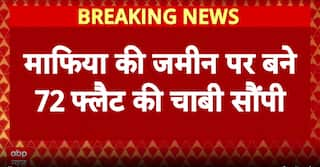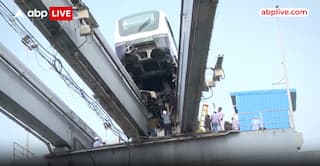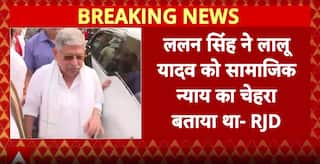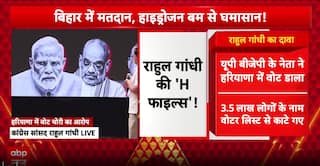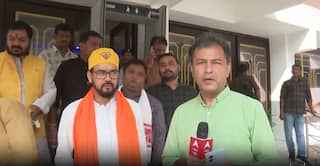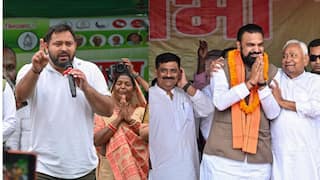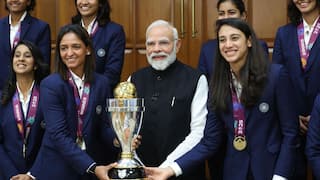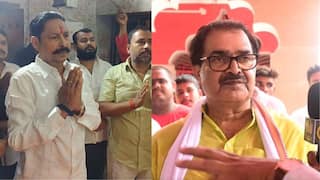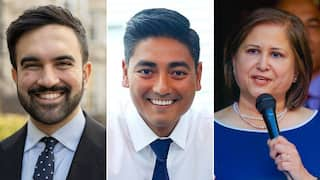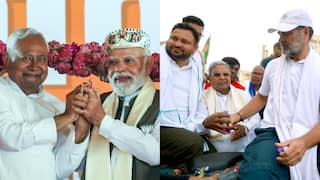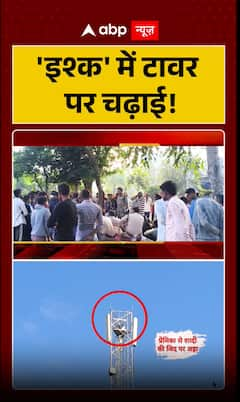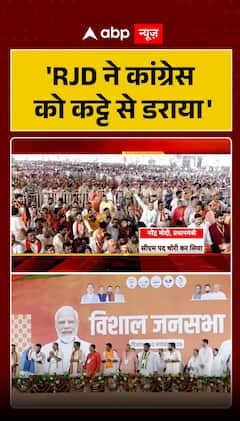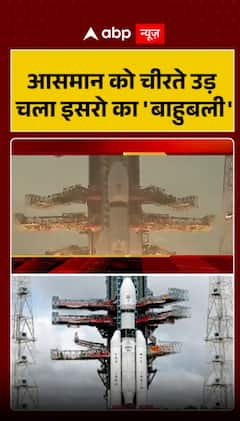Northeast Notes: BJP’s Pre-Election Gift To Tripura Govt Employees, Assam Delimitation And More

This Tuesday, the Manik Saha-led BJP government in Tripura announced a 12% hike in dearness allowance (DA) and dearness relief (DR) for government employees and pensioners with effect from December 1. There are 1,04,600 regular government employees and 80,800 pensioners in the state. The government also declared an over 50% hike in remuneration for the more than 8,600 casual and part-time workers.
The ruling party has been facing the heat of anti-incumbency and these announcements are evidently done keeping in mind the upcoming elections in the northeastern state, where government employees are a significant vote bank. Before this, the government had announced a DA hike of just 3% and 5% in February 2021 and August this year, respectively.
As a result, many government employees had been unhappy. Now, after an increment of 12%, the BJP government appears to have been somewhat successful in reducing the anger of government employees and pensioners. At the same time, it also blunted the strong weapon — dissent of government employees — that the Opposition was trying to use in the elections. The Opposition had expected around 5-7% hike but by announcing a 12% hike the BJP has definitely delivered a “masterstroke” of sorts. However, even after this, there remains a 18% DA gap between the state and the central government employees.
Since the announcement, the BJP leaders are claiming repeatedly that there has been no increment of DA in double digits before, in reference to the previous CPM-led Left Front government. However, this is not true. In January 2009, the 6th Left government had announced a 16% hike in DA. The Left government in its 7th term had also announced a hike of 10% DA with effect from January 1, 2014. Notably, the last Left government gave 41% DA in seven phases during its five-year tenure from 2013 to 2018, while the BJP’s “double engine” government has been able to provide only 20% DA in three phases during its five-year tenure.
ALSO READ | Northeast Notes: A Boost For BJP In Christian-Majority Mizoram
A Futile Delimitation Exercise In Assam?
The Election Commission this past week began the long overdue delimitation exercise in Assam, based on the 2001 census and not the 2011 census. The last exercise was done in this state in 1976 based on the 1971 census.
The delimitation exercise was deferred in Assam, Jammu and Kashmir, Nagaland, Arunachal Pradesh and Manipur in 2008 when it was held in the rest of the country. At the time, it was to be done based on the 2001 census. But now that the 2011 census data is available, it makes little sense to use 20-year-old data for the exercise.
In the case of the recent delimitation exercise in Jammu and Kashmir, the data from the 2011 census was used. Questions are being raised as to why the 2001 census, instead of the one done in 2011, is being used for Assam’s delimitation exercise.
Not only this, when the delimitation exercise was initiated in 2007, an all-party delegation of the Assam Assembly had urged the Central government to exclude the state until the completion of the work on updating the National Register of Citizens (NRC) in the state. Though the NRC final list was released in August 2019, the ruling BJP, opposition Congress and other influential social organisations like the All Assam Students’ Union (AASU) were unhappy with the final list. The BJP government even approached the Supreme Court seeking re-verification, and as a result, the Registrar General of India hasn’t yet notified the final NRC list. However, both the BJP and the AASU have welcomed the delimitation exercise. Opposition Congress is now attacking the BJP for this flip-flop.
Many in Assam had rejected the NRC final list as they alleged it contained names of many illegal immigrants, defeating the main purpose of the exercise. When there are still questions on who the real citizens of the state are, the big question is whether this delimitation exercise conducted on the basis of the 2001 census will serve any purpose.
Another BJP MLA Quits In Tripura
Disgruntled BJP MLA Diba Chandra Hrangkhawl, elected from the Karamchhara (ST) assembly constituency, resigned from the assembly and went back to his old party, the Congress. He is the 5th BJP MLA to quit. Three MLAs of BJP’s ally NC Debbarma-led Indigenous Peoples Party of Tripura (IPFT) too had quit the party earlier.
Hrangkhawl, a senior tribal leader, had even held the post of state Congress president in the past. When the then Opposition leader Sudip Roy Barman joined TMC along with five other Congress MLAs in 2016, he too was part of the group. A year later, the same group joined the BJP ahead of the assembly polls of 2018.
However, Sudip revolted against the state leadership then led by Biplab Deb. The disgruntled leader got support from a section of BJP MLAs, including Hrangkhwal. After remaining unhappy with the state leadership for three years, Sudip along with another BJP MLA Ashis Saha joined the Congress this year. But Hrangkhwl didn’t join them then as he definitely wanted to avoid a bypoll in his seat. It is expected that the Congress is likely to offer him this seat in the upcoming elections. In the 2013 assembly elections, Hrangkhawl was the only Congress candidate to win from an ST constituency.
ALSO READ | POK To Galwan Debate: Instead Of Fighting The Enemy, We Are Busy Fighting Each Other Over Nothing
Assam Church Survey Letter Creates Political Storm In Poll-Bound Meghalaya
A letter issued by an SP rank officer in Assam seeking information on churches has created a political storm in the neighbouring Meghalaya, which is going to polls in 2023. This has put the BJP’s Meghalaya unit on the back foot. Assam Chief Minister Himanta Biswa Sarma has dissociated himself from the incident and has even asked the director general of police to probe the matter. The BJP leaders of Meghalaya are using this statement by Sarma to downplay the issue. However, the TMC is in no mood to let it go and is trying to score political points on this issue. Party’s national spokesperson Saket Ghokale even wrote a letter to the embassy of the Holy See of Vatican City in India on Thursday to take note of the Assam church “survey order”. The party spokesperson even alleged that the “Assam government was persecuting the Christians in the state”.
The TMC taking this internal matter of Assam to the Vatican, when CM Himanta had himself has ordered a probe, shows its desperation ahead of the elections. Clearly, the party that talks big on secularism isn’t hesitant to play the Christian card in Christian-majority Meghalaya as the elections near. It’s a fact that the TMC is expected to do well in Garo hills — which has 24 seats in the state assembly — banking on Mukul Sangma’s popularity, but this is not the case in Khasi-Jaintia hills, which has 36 seats. Amid all this, it is also struggling to shed the West Bengal-based party tag. To overcome all these problems, it seems that the TMC has found an easy solution in Meghalaya — to portray itself as the “protector of Christians”.
The author is a political commentator.
[Disclaimer: The opinions, beliefs, and views expressed by the various authors and forum participants on this website are personal and do not reflect the opinions, beliefs, and views of ABP News Network Pvt Ltd.]








